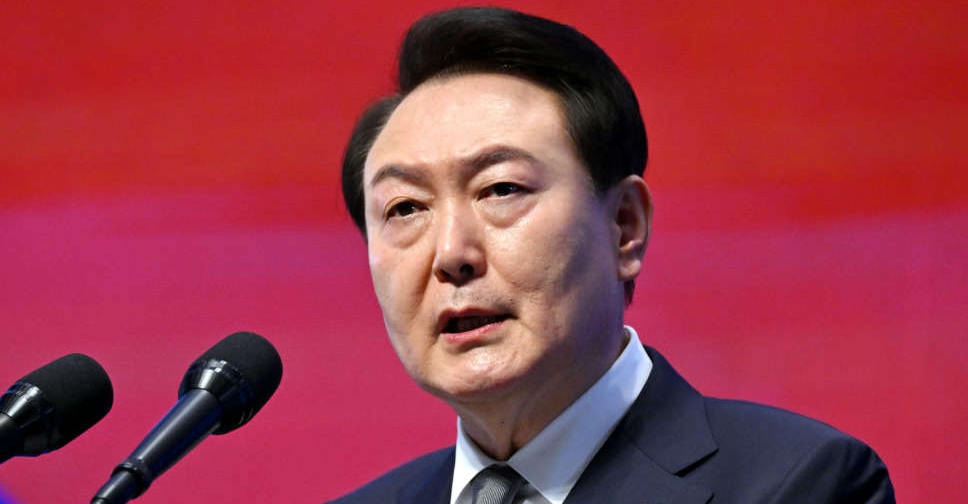
Yoon Suk Yeol arrived in Tokyo on Thursday, hours after North Korea fired a ballistic missile, as he looks to use the first visit to Japan by a South Korean president in 12 years to find common ground at a time of heightened tension in the region.
Yoon will meet Japanese Prime Minister Fumio Kishida in the afternoon when the two are expected to present a united front as they seek to put behind years of animosity arising from Japan's 1910-1945 occupation of the Korean peninsula.
Before Yoon's flight, North Korea fired a long-range ballistic missile, which landed in the sea between the Korean peninsula and Japan, emphasising both the urgency of regional security and the threat posed by North Korea.
The two are also expected to discuss cooperation to secure supply chains.
"There is an increasing need for (South) Korea and Japan to cooperate in this time," Yoon said in a written interview with international media on Wednesday, calling both North Korea's nuclear and missile threats and supply chain disruptions a "polycrisis".
Yoon has said that he expects to "invigorate" security cooperation and the two leaders are preparing to confirm the restart of a bilateral security dialogue which has been suspended since 2018, according to Japanese broadcaster NHK.
Tokyo and Seoul are also expected to revive "shuttle diplomacy" of regular visits between the leaders, according to a Yomiuri daily report citing Japanese government sources.
Still, Japan remains cautious about immediate improvements in relations, with a Japanese government official who requested anonymity saying that "Japan and South Korea relations are looking up, but it's still a step-by-step process".
Yoon also faces skepticism at home. In a poll by Gallup Korea published Friday, 64 per cent of respondents said there was no need to rush to improve ties with Japan if there was no change in its attitude, and 85 per cent said they thought the current Japanese government was not apologetic about Japan's colonial history.
Park Hong-keun, floor leader of South Korea's main opposition Democratic Party, said Yoon's visit should not stop at "his trip down memory lane" and asked Yoon to earn a true apology and resolution from Japan on forced labour issues during his trip.
Relations between the two countries, which have frayed over disputed islands, wartime labour and Korean "comfort women" forced to work in Japanese wartime brothels, made headway last week when Seoul announced a plan for its companies to compensate former forced labourers.
Kishida welcomed the labour compensation move and spoke of hopes of "bolstering relations" with Yoon's visit.
The two also met in November on the sidelines of the summit of the Association of Southeast Asian Nations in Cambodia.
South Korea and Japan at the time agreed to exchange real-time intelligence on North Korea's missile launches, which experts say will help both countries better track potential threats.
Japan said the "strategic challenge posed by China is the biggest Japan has ever faced" in a defence strategy paper released in December. Tokyo worries that Russia's invasion of Ukraine has set a precedent that will encourage China to attack self-ruled Taiwan.
China's coast guard entered waters around disputed East China Sea islets on Wednesday to counter what it called the incursion of Japanese vessels into Chinese territorial waters.



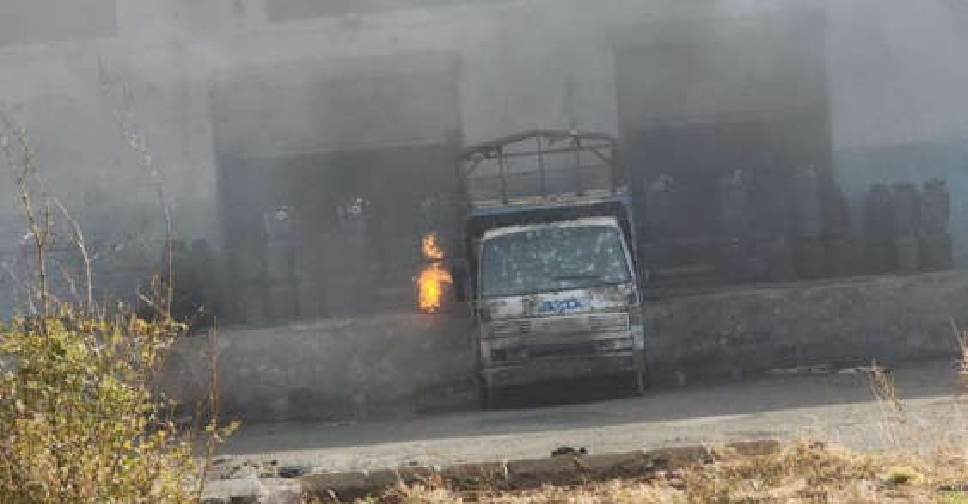 15 Turkish-backed fighters killed by Kurdish forces in Syria
15 Turkish-backed fighters killed by Kurdish forces in Syria
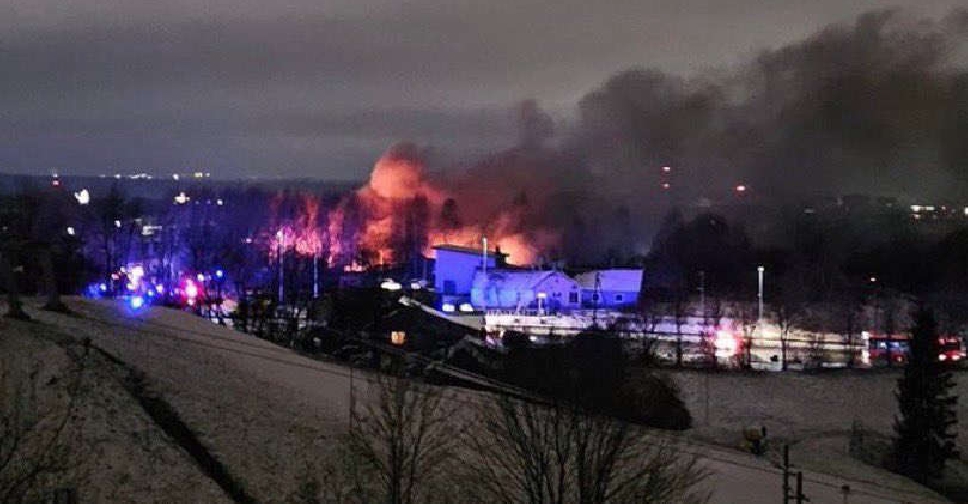 One dead, three injured in Lithuania cargo plane crash
One dead, three injured in Lithuania cargo plane crash
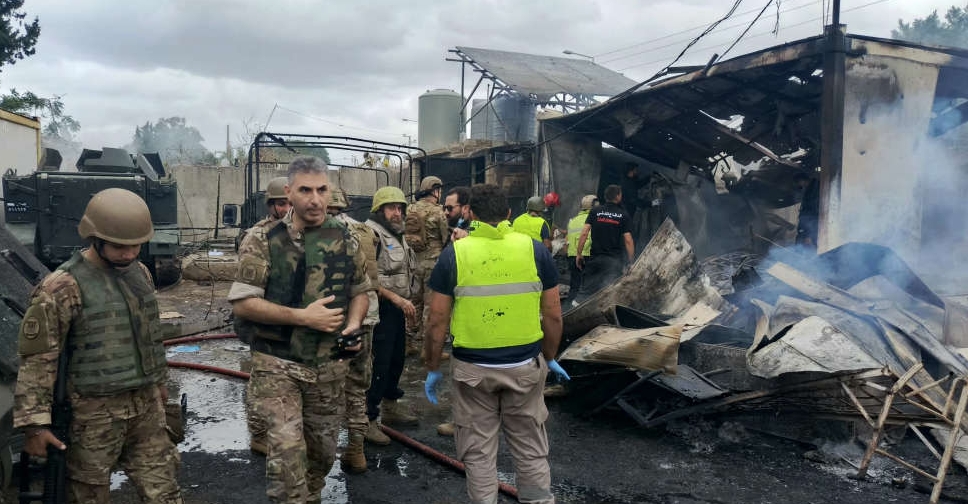 One Lebanese soldier killed, 18 hurt in Israeli strike on army centre
One Lebanese soldier killed, 18 hurt in Israeli strike on army centre
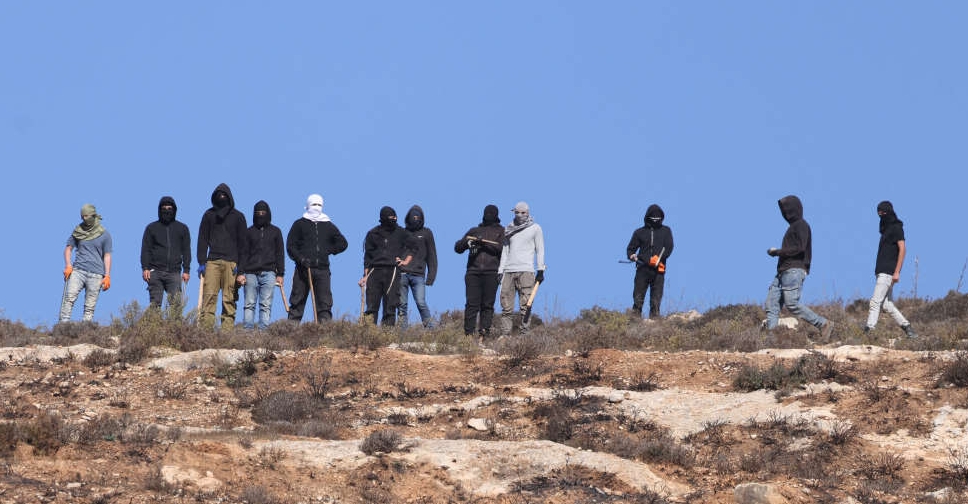 Netanyahu condemns settler violence on IDF in West Bank
Netanyahu condemns settler violence on IDF in West Bank
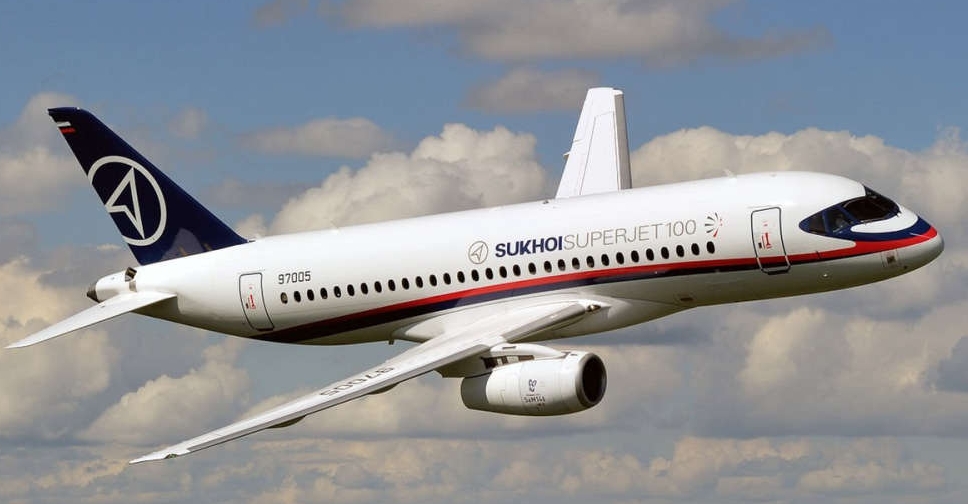 Russian plane evacuated in Turkey as engine catches fire
Russian plane evacuated in Turkey as engine catches fire







